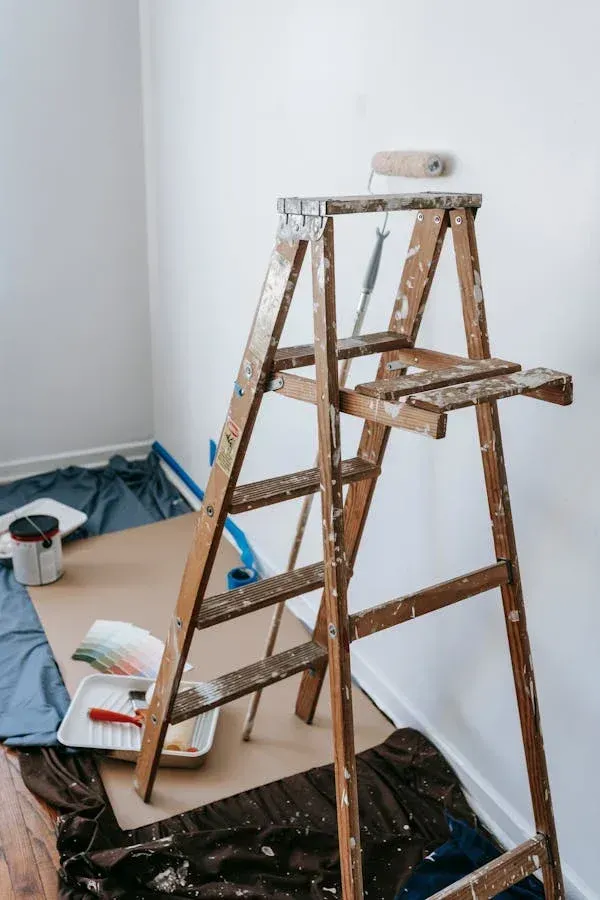The Power of Power Washing Why It’s Essential Before Painting
The Science of Surface Prep
Choosing the Right Power Washing Technique
Not all surfaces require the same level of intensity. While siding and concrete can handle high-pressure washing, softer wood materials or delicate surfaces need gentler cleaning techniques. A professional painting contractor will understand the nuances of power washing and adjust pressure levels while using appropriate cleaning solutions to avoid damage.

What Happens if You Skip Power Washing?
Skipping the power wash might seem like a way to save time, but you actually end up with a compromised paint job. Imagine spending time and money on a fresh coat only to see bubbles, cracks, or peeling within months. Here’s what happens when surfaces aren’t properly cleaned before painting:
- Poor Adhesion: Paint struggles to bond with dirty or mold-covered surfaces, leading to chipping and flaking.
- Uneven Application: Dirt or old peeling paint creates an uneven texture, resulting in blotchy or rough patches.
- Moisture Issues: Mold and mildew trapped under paint can lead to structural damage, especially in humid climates.
- Shorter Lifespan: A well-prepped surface ensures longevity, whereas a rushed job means repainting sooner than expected.
For home painters working on residential projects, this could mean a homeowner needing another paint job within a year. For commercial painting contractors, it could translate to dissatisfied clients and costly repairs. So do yourself, and your client, a favor by prepping surfaces with power washing before starting your painting project.



